Stress is everywhere, from our jobs to our education and even to our hobbies. Many people feel the physical impact of stress–fatigue, headaches, gastrointestinal issues, etc. However, we may not consider how stress affects different parts of our bodies. Yet, stress can influence even the smallest, seemingly minor systems. From our heads to our toes, stress completely alters how we function. For example, did you know stress can significantly impact your oral health?

Immune System Dysfunction
During stressful periods, you may notice that you also get hit with illnesses like the common cold. This is due to how your immune system is affected by stress. Your immune system is what keeps you from getting sick or helps you recover from illnesses. It is your defense against infections and disease, but stress can overwhelm your immune system. When stress overburdens your immune system, it doesn’t work as efficiently.
A healthy immune system is essential to good oral health. Bacteria is a typical residence in your body and your mouth. However, a fine balance usually keeps the bacteria in check. If you are stressed, your immune system can’t fight off the harmful bacteria that live in your mouth, which leaves you vulnerable to infections. Unfortunately, increased bacteria in your mouth can increase your risk of developing gum disease–an infection of the gums.
Along with the inability to fight off infections, a poor immune system makes it difficult for you to heal. If you have any dental surgeries or procedures, you can expect a longer healing time due to stress.
Bruxism and Stress
It is common for people who have stress to grind their teeth–also called bruxism. Clenching your jaw or grinding your teeth is a natural stress response that may make you feel better in the moment. However, it can cause major problems if the behavior continues. In addition, you may not be aware of grinding your teeth because it can occur in your sleep.
Grinding your teeth can damage the outer layer of your teeth–the enamel. The enamel is responsible for protecting your teeth from decay. Clenching and grinding your teeth can also permanently damage the structure and integrity of your teeth. Too much pressure can cause your teeth to break or chip.
Over time, you can develop a condition called TMD (temporomandibular joint disorder), which causes pain in your face and jaw. Disorders of the jaw joint can make it difficult or painful for you to eat, chew, or speak.
Increases in Tooth Decay
Coupled with a weak immune system and weakened enamel, people with chronic stress are more likely to have tooth decay. In addition, it is sometimes difficult to make healthy choices when stress gets in the way. For example, it can be easy to reach for our favorite comfort foods that are full of starches and sugars. Unfortunately, these kinds of foods increase the chances of cavities and tooth decay, especially if you aren’t keeping up with your daily dental care routine.
